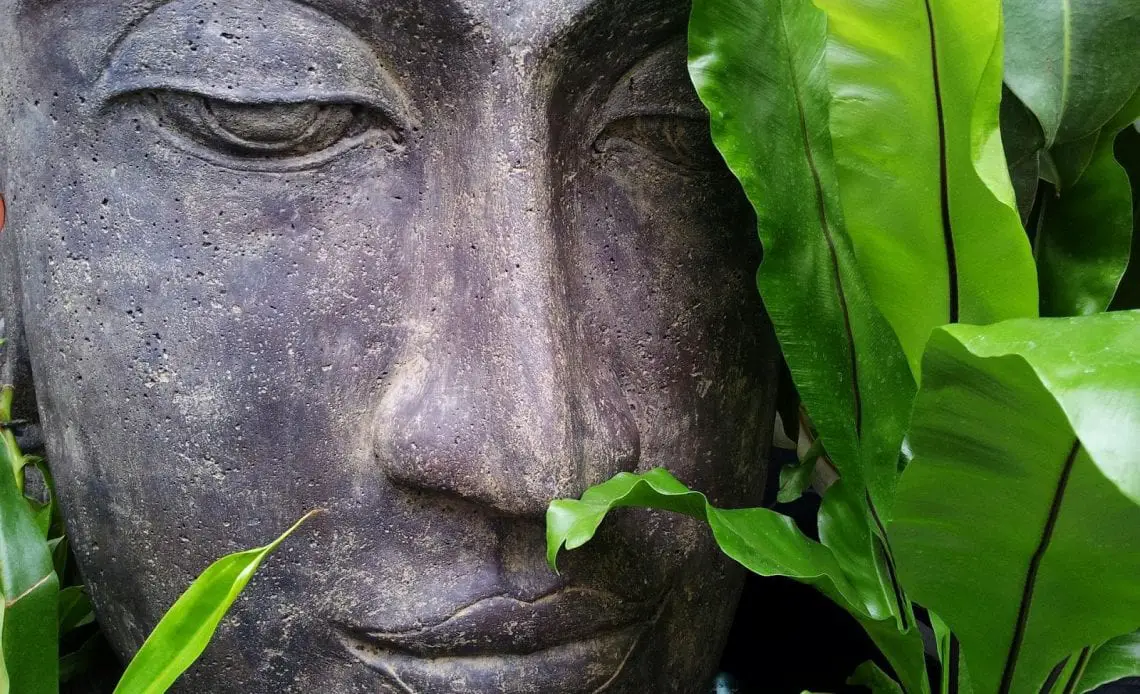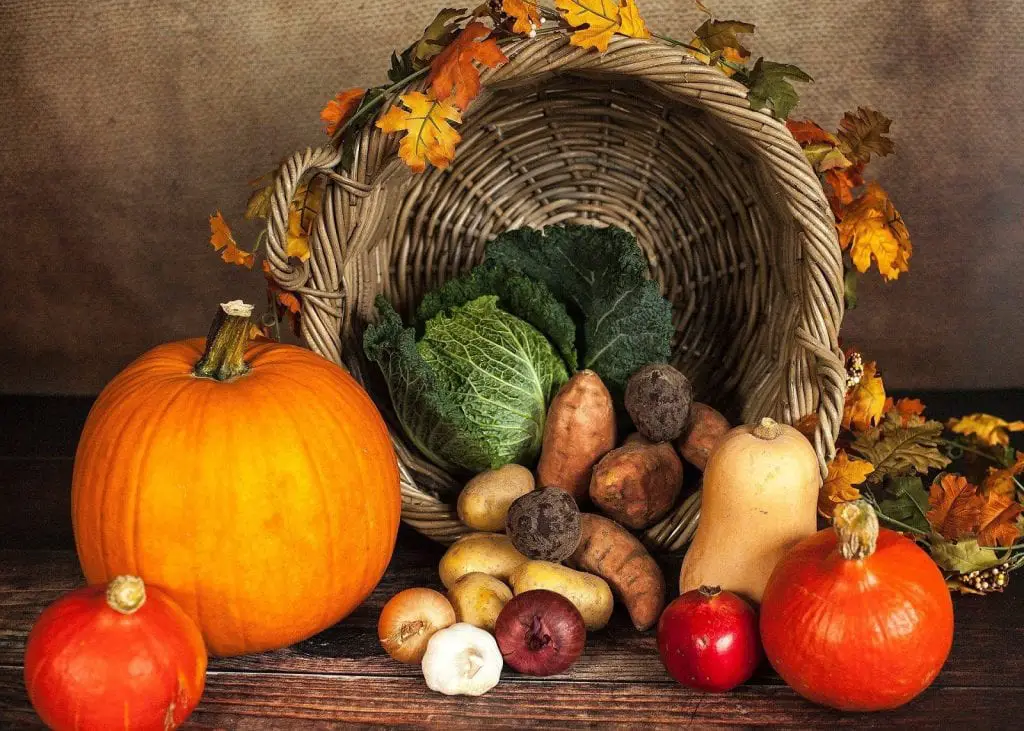
Throughout history — both ancient and modern — people have often considered the biological, moral and practical aspects of consuming meat and other animal-derived products. There is a struggle to reconcile the need for high-protein food with the ethical repercussions of exploiting animals. A never-ending scientific debate attempts to determine whether our digestive system is evolutionarily designed for a carnivore or a herbivore diet. With the looming environmental collapse, climate activists, too, urge humanity to turn towards plant-based diet and save the planet from global warming.
Understanding Veganism: What It Means to be a Vegan
To be a vegan is more than just choosing a certain type of diet. Veganism is philosophy, a lifestyle, and a conscious choice to be non-violent towards animals. Most vegans also renounce the use of all animal-derived products, such as those used in the cosmetics and apparel industry.
There are several degrees of embracing the practice of animal-free diet:
- Flexitarian: a person who only occasionally consumes meat, but whose diet is predominantly vegetarian
- Semi-vegetarian: a person whose diet only excludes red meat
- Pollo-pescetarian: a semi-vegetarian who consumes only chicken and fish
- Pollotarian: a semi-vegetarian who consumes only chicken
- Pescatarian: a semi-vegetarian who consumes only fish
- Lacto-ovo-pesco vegetarian: a person who, except fish, does not eat any other type of meat, but consumes dairy products and eggs
- Lacto-ovo vegetarian: a person who does not consume any kind of meat or fish, but eats eggs and dairy products
- Lacto vegetarian: excludes meat, fish and eggs, but consumes dairy products
- Vegan: a person whose diet is entirely plant-based — no consumption of meat, fish or animal-based products
- Raw vegan: a subtype of veganism which excludes all thermally-processed food
- Fruitarian: a subtype of veganism which allows only fruits, nuts and seeds
- Freegan: a person who fights excessive consumerism by eating only food that has been discarded by shops and restaurants. Although some freegans identify as meegans (they consume meat products too), most of the freegans are vegans.
Popularity of Veganism Today
Veganism today is mainstream. With many celebrities embracing a vegan diet, it has become a growing trend, moving away from the traditional forms of animal welfare activism. Public figures — from Bill Clinton to Venus Williams to Joaquin Phoenix —media is full of stories about politicians, sportsmen and people from the entertainment industry, who endorse the global vegan movement. Veganism today is perceived as a cultural and systemic change in our perception towards food.
Although it became widely popular since the second half of 2010s, veganism is far from being a recent, New-Age food movement. The term ‘vegan’ was coined in 1944 by Donald Watson, an animal rights advocate and founder of the Vegan Society.
Veganism Across Religious and Spiritual Traditions
To some, there seem to be no simple answer to the ethical and moral conundrums resulting from the conflict between the need for protein-based diet and cruelty towards animals. To others, the solution is obvious: plants can provide all the nutrients one needs to lead a healthy life. From the ancient mystery school to the institutionalized global religious movements, vegetarianism/veganism have often been considered as necessary for inner transformation and spiritual progress.
Most religions and spiritual systems promote some variant of the Golden Rule: do no harm. The statements ‘Thou shalt not kill’ and ‘Do unto others as you would have them do unto you’ are often quoted as mandatory moral precepts.
In Hinduism, Jainism and Buddhism, this is embodied in the principle of ahimsa or non-violence toward any living being. To inflict pain and suffering on another living being is a sign of ignorance and egocentrism. It creates negative karmic bonding (bad karma) and imprints on one’s consciousness regressive sanskaras (thought patterns and behavioral inclinations). Even within Christianity, Islam, Judaism and Zoroastrianism, which are predominantly non-vegan-promoting systems, some individuals and groups have advocated for a meat-free diet.

The Benefits of Vegan Diet For Our Mind and Soul
There is popular wisdom that says: We are what we eat. By consuming meat and animal products, we bring into our bodies animal hormones. Minutes before slaughtering, while in a state of panic and fear, the animal releases cortisol and adrenaline. Therefore, when we eat meat we absorb the pain of the killed animal. This makes us more susceptible to emotional spurs. We lose the ability to control our own emotions. It retards our spiritual growth.
Vegan lifestyle is particularly conducive to meditation. Meat eaters find it harder to experience deeper states of meditation and contemplative relaxation. It has a fogging effect on the mind. On the other hand, a herbivore spiritual seeker is able to ponder into the mysteries of consciousness and the magnificence of life in its totality.
Eating meat is sometimes described as an over-indulgence in food, and a sign of being enslaved by one’s own appetite. By not being able to exercise control over what we eat, our character is weakened. The body and the mind become dull and lethargic. It becomes difficult to focus and to maintain discipline during a serious spiritual practice.
Any spiritual pursuit aims at raising one’s personal vibrations. Consuming food that comes from animals lowers our vibrations, disturbs our emotional balance, and fills us with low forms of energy. Non-vegetarian food prevents the free flow of energy through the seven-chakra system of the body. We remain stuck in modes of aggression and survival-based reactions.
A spiritual person expands love and compassion for all sentient beings. All life is sacred. To feed on killed animals is, therefore, straying away from the path of spiritual evolution. It is in direct contradiction with the spiritual experience of being one with the universe, and of embracing every living being with empathy and pure love.
To be a vegan is to live in balance and alignment with nature. It is a path to holistic living which excludes all forms of violence, aggression and exploitation of animals. It makes us accountable for our actions. It brings a feeling of peace, calm and tranquility to one’s existence. It elevates one’s physical, emotional, mental and spiritual state.
Noted Vegans Among the Spiritual Masters Today
While many spiritual masters are vegetarians (typically lacto-vegetarians), not many among them practice the pure form of veganism. The proponents of lacto-vegetarianism usually argue that cow’s milk is the most Sattvic in nature (it possesses pure, clean, vital and yogic qualities).
On the other hand, pure vegans warn against the ‘commercialization of death’ in the slaughterhouses of the meat industry, but also about the inhumane conditions prevalent in poultry and dairy farming. According to them, any form of animal commodification is cruel, and thus no consumption of eggs and dairy products can be justified. Mahatma Gandhi insisted that no-one who consumes eggs or milk can be considered pure vegetarian (vegan). ‘The greatness of a nation can be judged by the way its animals are treated’ is one of his best known quotes.
Among the spiritual masters today who have embraced pure vegan diet, the following three are particularly vocal while promoting the message of veganism for spirituality:
- The globally renowned Zen Master Thich Nhat Hanh is among the most notable proponents of vegan diet. ‘I am determined not to kill, not to let others kill, and not to support any act of killing in the world. We should consume in such a way that helps to reduce the suffering of living beings. And that way we can preserve compassion in our hearts,’ he says.
- The contemporary spiritual master Mohanji is also committed to spreading the message of non-violence through veganism. ‘When nature strikes back for the blood we have spilled on earth, we have nowhere to hide…It is time to wake up. A lifestyle of compassion, kindness and non-violence is the only remedy,’ he warns.
- The Vietnamese spiritual leader Ching Hai. ‘At peace with ourselves in the knowledge that we did not cause anguish or pain to our fellow animal brethren… we will have the inner tranquility to pursue our spiritual endeavors wholeheartedly,’ he says.
Is Veganism Today Becoming a Form of Ideology?
Apart from being a philosophy and a lifestyle, veganism is sometimes criticized for being non-tolerant to anyone who does not comply with the vegan principles and set of values. Some vegans easily slip into the ego-trap of feeling righteous, developing the spiritual arrogance of an ascetic or a martyr. Some vegans berate those who do not share their world-views. This is often perceived as interference in the dietary choices of others.
In promoting their philosophy, vegans sometimes even take an extremist position. In 2019, two vegan activists in France were sentenced to jail after a chain of arson attacks on butchers and non-vegetarian restaurants. The Animal Liberation Front, a decentralized international movement operating since 1970, has implored violent actions against individuals and organizations accused of animal cruelty, including attacks of research labs and animal farms. Such form of veganism could not be any further from the guiding principles of spirituality — nonviolence, acceptance and tolerance.

